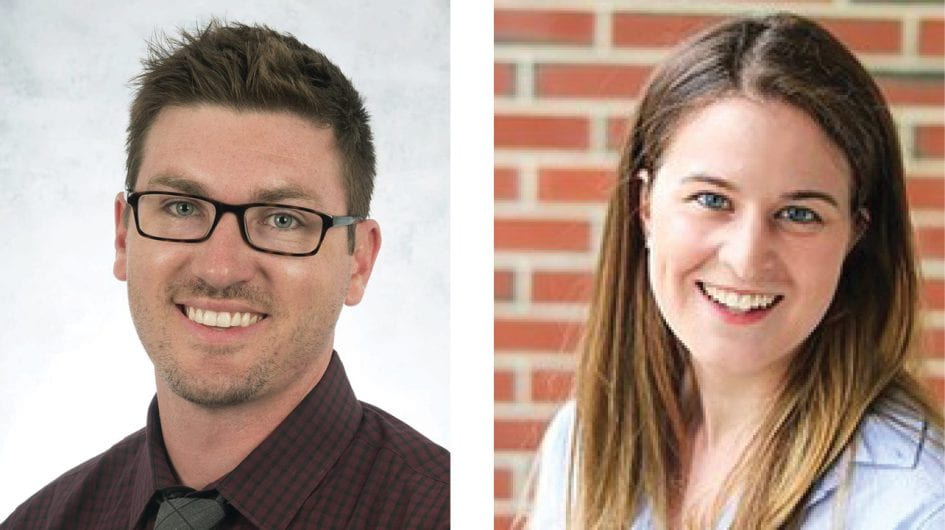Researchers know that adults with intellectual and developmental disabilities (I/DD) encounter healthcare disparities—fewer doctor’s visits and routine screenings, for example—even though they suffer health complications more frequently than the general population. New research begun by Jeffrey Stokes, PhD, assistant professor of gerontology at UMass Boston, and his former student, Danielle Waldron, PhD ‘20, now an assistant professor of healthcare management at Stonehill College, aims to determine how living arrangements and loneliness affect these disparities in older adults with I/DD. The researchers received a $178,000 grant from the Donaghue Foundation in January 2022 to fund their work.
“The main question we are asking is what settings seem to do better than others in serving older adults with I/DD, and what can we do to reduce disparities to improve the quality of care? We’re trying to get a snapshot of who is faring well and in what kinds of living situations,” says Stokes.
The researchers hope their findings could lead policymakers and healthcare practitioners to design features of long-term care facilities and enhance services to benefit older adults with I/DD, who represent a growing percentage of the older adult population. But little is known about how well long-term care facilities meet their needs. “In general, people with I/DD are an under-surveyed population,” Stokes says. “We often don’t ask enough questions about them or their experiences.”
“As a whole, people with I/DD are outliving their aging parents and reaching old age for the first time due to increased life expectancy,” says Waldron. The longevity is welcome news, she says, but these older adults bring unique needs that long-term care facilities may not be prepared to meet. A further complication is that many older adults with I/DD were previously institutionalized and now may be returning to some sort of facility, which could affect their mental health.

Waldron has a personal stake in the research. “My sister Emily, who is my best friend, has Down syndrome and autism,” she says. “Starting at a young age, I wondered, ‘What will happen to Emily when she gets older?’ Through this grant, I can continue my lifelong pursuit to help answer this question on behalf of Emily and the many people like her.”
As a gerontology candidate at UMass Boston, Waldron was selected for the prestigious one-year Leadership Education in Neurodevelopment Disabilities (LEND) Fellowship by the UMass Medical School’s Eunice Shriver Center. The fellowship aims to prepare new leaders focused on ways healthcare, education, and social services are delivered to people with developmental disabilities. Stokes served on Waldron’s dissertation committee at UMass Boston and the two began collaborating while Waldron was still at UMass Boston. Stokes says they make a strong team because he is good at diving deep into data and Waldron is good at expressing the importance and the insights of this research. “Receiving this grant with Jeff, one of my mentors,” Waldron says, “ is certainly a full-circle moment.”


August 16, 2024 at 10:57 am
A quick but really interesting read and, in all honesty, something I had not thought about before – maybe because of the increased life expectancy for people with I/DD? I work for an assistive technology company ( https://carescribe.io/ ) and so am regularly doing research online in this area and reading this made me realise I sit in that group of people you mentioned that had never considered the needs of an ageing I/DD population. Is there any update on this study anywhere?
August 19, 2024 at 11:25 am
Hi Will, thanks for your interest and question. Here is a debrief created by the Donaghue Foundation to sum up the project: https://public.tableau.com/views/AnotherLook2023GranteeInfographics/AnotherLookStokes?:showVizHome=no